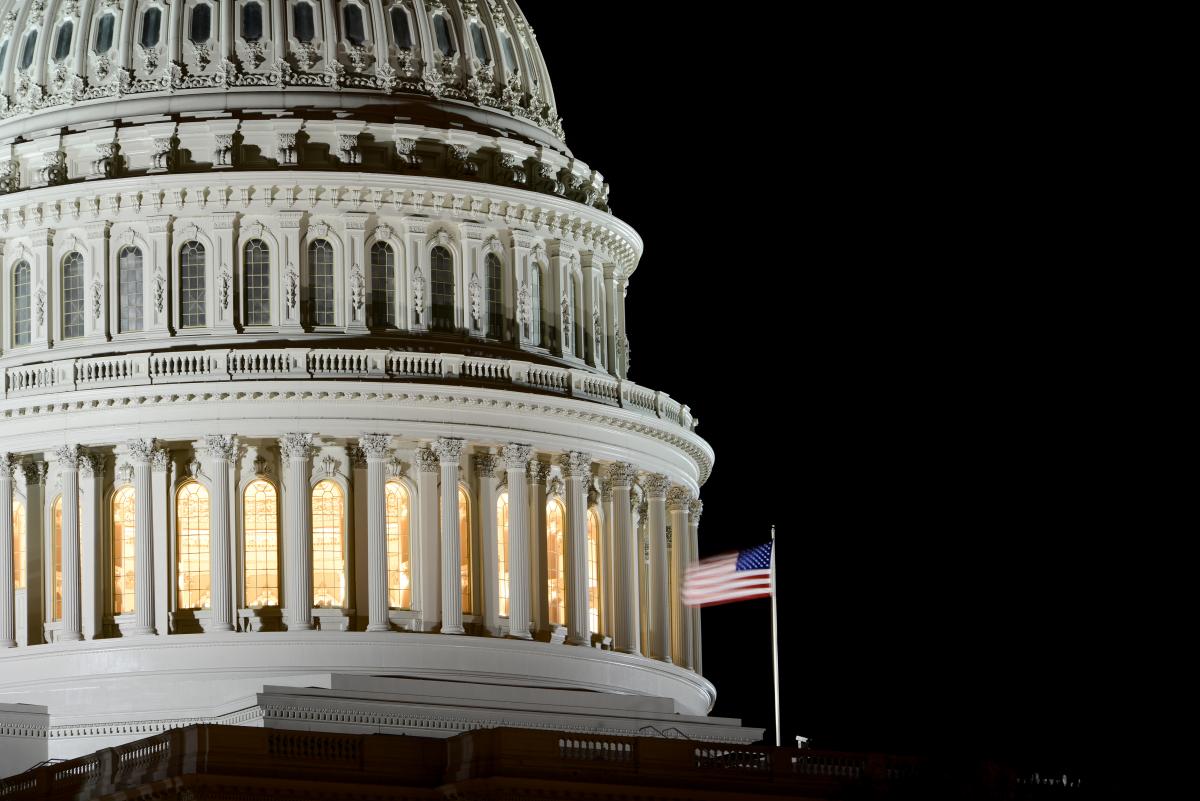 Mega-Roth, backdoor IRAs and large retirement account balances would be limited under legislation approved Sept. 15 by the House Ways and Means Committee.
Mega-Roth, backdoor IRAs and large retirement account balances would be limited under legislation approved Sept. 15 by the House Ways and Means Committee.
In a near party-line vote of 24-19, the changes were approved as part of the $3.5 trillion Build Back Better Act reconciliation recommendations that address everything from implementing infrastructure development and green energy incentives, to expanding Medicare, offering paid family and medical leave, and extending Trade Adjustment Assistance.
“With close to 40 hours of debate over the course of four days, the Ways and Means Committee has just approved a historic slate of measures to invest in the American family and American economy. These life-changing provisions will level the playing field, expand opportunity, and rebuild our economy to be more equitable and inclusive,” House Ways and Means Committee Chairman Rep. Richard Neal (D-MA) said in a statement upon passage of the legislation.
The retirement-based changes within the bill’s funding section include:
- Implementing a contribution limit for individual retirement plans for taxpayers with incomes of more than $400,000 and account balances in excess of $10 million (including an individual’s combined IRA and DC plan account balances).
- Requiring a minimum distribution of 50% of the amount by which an individual’s prior year combined traditional IRA, Roth IRA and DC plan account balances exceed $10 million.
- Eliminating Roth conversions for both IRAs and employer-sponsored plans for single taxpayers (or taxpayers married filing separately) with taxable income over $400,000, married taxpayers filing jointly with taxable income over $450,000, and heads of households with taxable income over $425,000 (all indexed for inflation).
- Prohibiting an IRA from holding any security if the issuer of the security requires the IRA owner to have certain minimum level of assets or income, or have completed a minimum level of education or obtained a specific license or credential.
- Expanding the statute of limitations with respect to IRA noncompliance from three years to six years.
- Prohibiting investment of IRA assets in entities in which the owner has a substantial interest.
- Treating IRA owners as disqualified persons for purposes of the prohibited transactions rules.
These revenue-raising retirement proposals are included in Subtitle I, “Responsibly Funding Our Priorities,” along with a host of other individual and corporate tax increases. The Joint Committee on Taxation estimates that these tax changes would raise approximately $2.1 trillion over 10 years to help pay for the fiscal year 2022 budget reconciliation bill. (For a more detailed description of the retirement-based revenue proposals, click here.)
In a Sept. 7 letter, the American Retirement Association expressed support for the retirement changes in the legislation that would help close the coverage gap and add trillions of dollars in retirement savings to the system. That section of the legislation, which the Ways and Means Committee approved Sept. 9, would require employers without employer-sponsored retirement plans to auto-enroll their employees in IRAs or 401(k)-type plans. It also provides for an increase in the credit limitation for small employer pension plan startup costs and adds a new credit for certain small employer automatic retirement arrangements. It would also modify the Saver’s Credit by turning it into a government-based matching contribution and making it refundable.
What’s Next?
The combined legislation approved by the Ways and Means Committee—which includes some 10 different subtitles stretching hundreds of pages—will now be sent to the House Budget Committee to be packaged with a larger set of proposals as part of the budget reconciliation process before moving to the full House of Representatives for consideration.
Whether this legislation can be approved as currently drafted remains to be seen. To meet House Speaker Nancy Pelosi's (D-CA) Sept. 30 deadline for passing the bill, it is being fast-tracked through the budget reconciliation process, which limits debate and allows legislation to be approved by a simple majority. That said, there are narrow margins in both the House and Senate, and several factions within the Democratic caucus are insisting on changes, such as reinstating the state and local tax (SALT) deduction.
Additionally, the Senate Finance Committee will soon be releasing its own set of proposals, which may conflict with the House proposal. As such, negotiations on a final package could continue for the next few weeks.
A Ways and Means summary of the Subtitle I funding provisions, including the proposed retirement changes, can be found here; a Joint Tax Committee summary of the revenue-raising provisions can be found here; and the legislative text of Subtitle I can be found here (the retirement changes of Subtitle I begin on page 665).
- Log in to post comments
